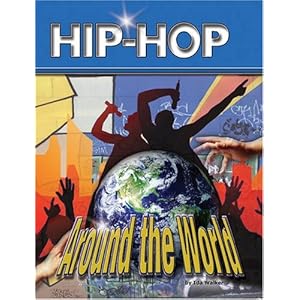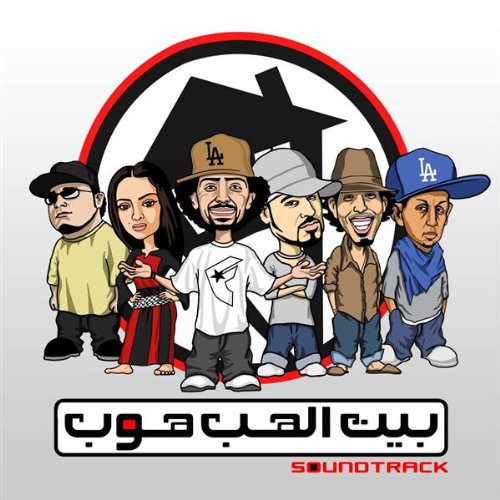Music is probably one of the most effective sociological and communication tools. Depending on the kind of music, it could appeal to individuals of almost every age group, gender and ethnicity. With the advent of the Internet and other means of telecommunication, music can also be appealing across boundaries. In short, music is now subject to globalization and this has been the case for the past several decades.
I love hip-hop music and closely follow artists like Eminem, The Game, Tupac etc, and thanks to the globalization of music, I am able to enjoy the same music that people from other nations listen to. Cultural globalization involves some sort of cultural exchange between different geographies that directly results in these countries enjoying foreign goods. These goods may not be solely materialistic goods, it could also be non-materialistic goods like music or lifestyles for instance. This process can take varying forms and produce a multitude of outcomes. According to some sociologists, this expanding transnational cultural exchange will in turn be profitable to certain countries, and in most cases, the United States seems to be yielding the most out of this cultural globalization. In fact, it would be right to say that the United States has established, knowingly or unknowingly, a cultural hegemony through its various music genres.
From fast-food culture to listening to hip-hop music, I believe that I am a part of America’s cultural hegemony. Although I listen to several American music artists, it is not necessary that an American should listen to Indian music (I am from India, FYI). Therefore, we see that cultural flow is only one-way, from dominant culture to peripheral culture, but not the other way round. By using tools like the internet and various applications, people around the world can tune in to listen to any music you want. I recently happened to learn about an application called Spotify, through which we can get access to almost all the music in the world even in your cellphone. I believe applications like these contribute a lot to the phenomenon of globalization.
So, is cultural globalization a positive phenomenon? Or is it just too overwhelming to know that you have been culturally imperialized? Something for the readers to think about.




